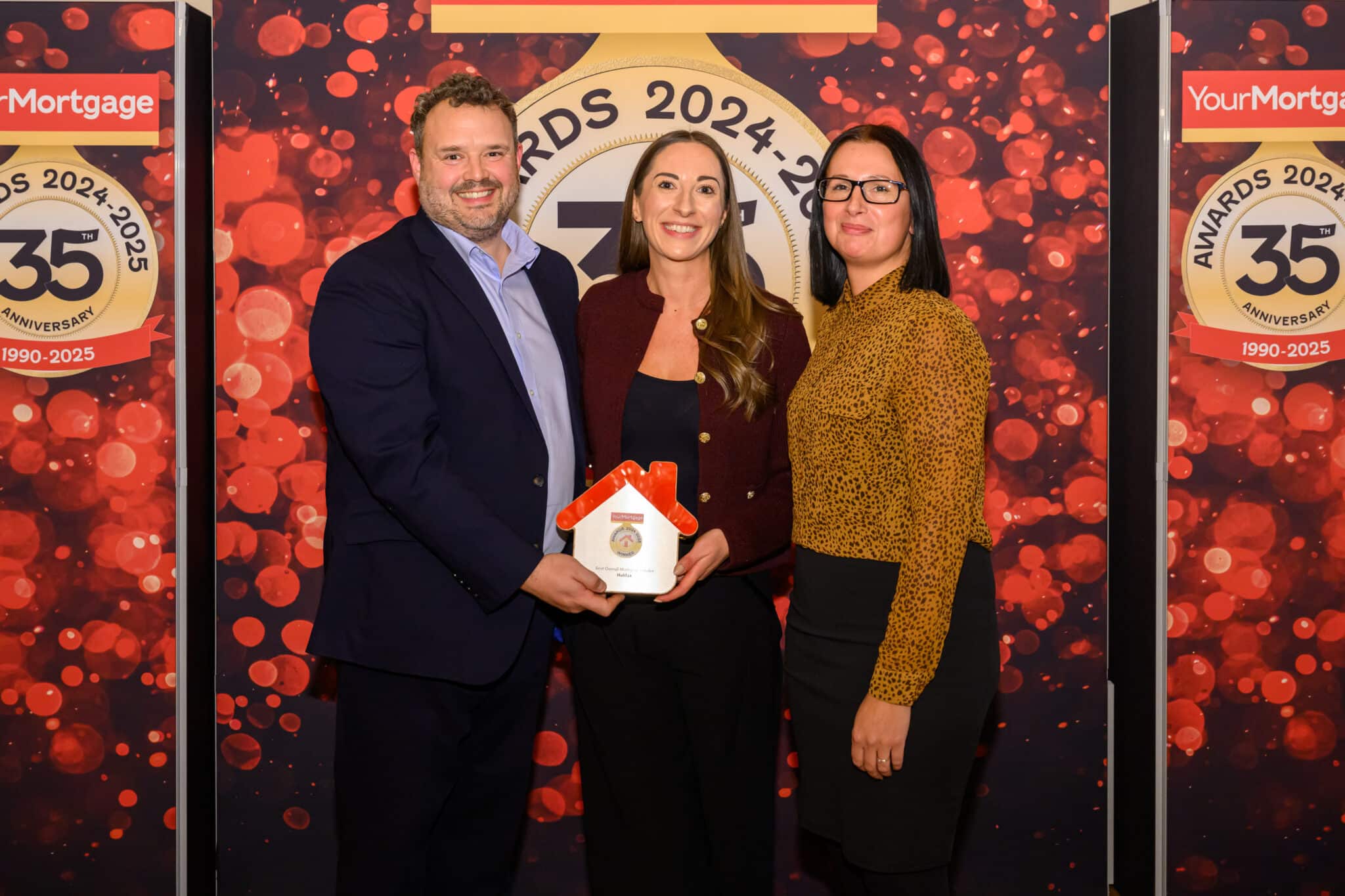How To
How to pay off your mortgage in retirement

Many people now reach retirement with outstanding mortgages, but what is the most efficient way for pensioners to manage their finances?
Pensioners with outstanding mortgages are being urged to consider their options, particularly with pensions freedoms, introduced in 2015, impacting the market.
Some could free up cash to pay off their outstanding loan immediately, but there are potential tax implications to be aware of.
Andy James, head of retirement planning at Towry, said many retirees were now paying closer attention to their financial situation.
“Clearing debts and mortgages is an important element of financial planning, and it will be tempting for investors to see the new accessibility of their pension funds as a means to clear their liabilities immediately,” he said.
He said an average homeowner could release £582 per month of their cash flow and have peace of mind that they are ‘debt free’. They should save approximately £938 in interest over the three year period (assuming the interest rate did not change).

Your Mortgage Awards 2024/25: winners revealed
Sponsored by Your Mortgage Awards
“Using Flexi-Access Drawdown, Mr. A could crystallise £80,000 of his pension fund, releasing £20,000 (25%) as a tax-free lump sum. This would therefore create the saving with regards to the interest payments as no tax has been paid,” he added.
Possible implications
Liquidity: the £20,000 repaid is now tied up in the property rather than in the pension where it might be utilised when he enters retirement.
On death before 75: the £20,000 is now within the estate, and therefore liable to a possible Inheritance Tax charge. The remaining pension fund remains available for Mr A’s legacy tax free.
On death after 75: As above, the £20,000 is within the estate, but the £60,000 that was crystallised will also be taxable to income tax in the hands of Mr. A’s beneficiaries. Depending on their tax rate, this could be up to £27,000 tax (45% additional rate).
Alternative options to consider
Overpayments out of disposable income – if affordable Mr. A could consider increasing the mortgage payments, reducing the term and the amount of interest payable. For example, increasing the monthly payment by £100 would decrease the total amount of interest paid by approximately £149 and repay the mortgage approximately six months sooner.
Alternative sources of capital – Mr A might also want to consider paying the mortgage with alternative sources of capital he might be able to utilise already within the estate. For example, directly held investment funds might be preferable as these can be offset against his annual Capital Gains Tax allowance.
This would offer similar economy to that of the Flexi-access drawdown route, but would avoid the implications on his estate and death benefits.
Do Nothing
What needs to be considered is whether the capital employed within the pension could achieve a better return than the interest that would be saved. In other words, would the £20,000 achieve a return greater than £938 – approximately 4.69% over 3 years or 1.54% per annum.
This will depend on the level of risk Mr. A can tolerate. Even at a relatively lower risk, i.e. a cash deposit, a 3 year fixed deposit account might be expected to achieve this rate.